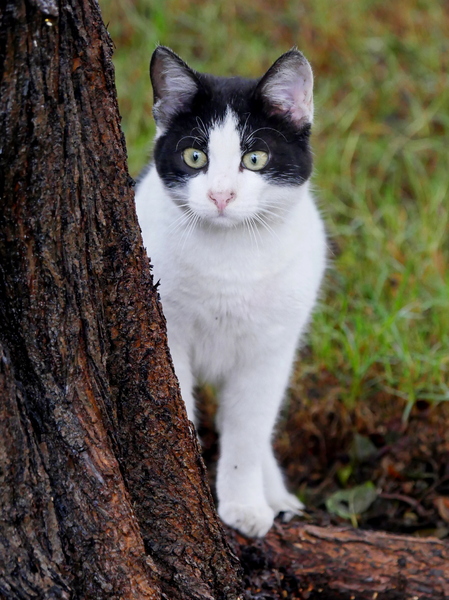Beyond Smell Control: Attending To Health Risks in the Litter Box
Beyond Smell Control: Attending To Health Risks in the Litter Box
Blog Article

Cat owners are no strangers to the day-to-day chore of digging their furry buddy's litter box. It's a regular task that's frequently ignored, yet essential for keeping a clean and healthy environment for both felines and their human buddies. However, what numerous family pet owners might not realize is that there are concealed health risks related to the litter box that can position threats to both humans and cats alike. From breathing concerns to parasitic infections, the litter box can harbor a variety of dangers that need careful attention and management.
One of the most typical health threats associated with the litter box is respiratory problems. Cat litter, specifically clay-based varieties, can include great dust particles that end up being airborne when disrupted throughout scooping or when felines dig in the litter. These dust particles can be inhaled by both cats and people, resulting in breathing inflammation and exacerbating conditions such as asthma or allergies. Sometimes, extended exposure to litter dust can even cause more serious breathing issues in both felines and their owners.
To minimize respiratory risks, it's important to pick low-dust or dust-free litter alternatives and to scoop the litter box in a well-ventilated location. Using a dust mask while cleaning up the litter box can also help in reducing direct exposure to air-borne particles, especially for people with breathing level of sensitivities.
Another significant health risk associated with the litter box is the potential for parasitic infections, particularly from Toxoplasma gondii, a common parasite found in cat feces. While many healthy individuals may not experience symptoms if infected, pregnant women and individuals with weakened immune systems are at higher risk of developing severe issues, consisting of abnormality and neurological conditions.
To decrease the threat of parasitic infections, pregnant females must prevent cleaning the litter box altogether and delegate this task to another family member. In addition, all people must practice great hygiene habits, including Self Cleaning Litter Boxes cleaning hands completely after managing the litter box or entering contact with cat feces, to reduce the threat of transmission.
Lots of industrial cat litters contain chemicals and ingredients that can posture health dangers to both cats and humans. For instance, some fragrant litters may contain scents or necessary oils that can aggravate sensitive breathing systems or set off allergic reactions. Additionally, clumping litters typically include sodium bentonite, a clay product that can broaden when ingested, leading to gastrointestinal blockages if taken in by cats.
To Covered Litter Boxes minimize chemical direct exposure, choose for unscented or naturally-scented litters made from biodegradable products such as paper, wood, or plant-based alternatives. These eco-friendly alternatives are not just safer for your cat's health but likewise better for the environment.
The litter box environment offers an ideal breeding place for bacteria, consisting of potentially damaging pathogens such as E. coli and Salmonella. These bacteria can infect the litter box and surrounding areas, increasing the risk of infection for both felines and humans. Felines can contract bacterial infections through direct contact with contaminated litter or by consuming fecal matter throughout grooming, while humans can become contaminated through contact with polluted surface areas or incorrectly cleaned hands.
To decrease the risk of bacterial contamination, it's vital to clean the litter box routinely utilizing hot water and moderate detergent, along with to disinfect the surrounding location to prevent the spread of bacteria. In addition, practicing excellent hand hygiene, consisting of cleaning hands thoroughly after dealing with the litter box or entering into contact with cat feces, can assist minimize the danger of bacterial transmission.
While the litter box might appear like an ordinary element of cat ownership, it's necessary to acknowledge the potential health threats connected with this apparently innocuous fixture. From breathing concerns to parasitic infections and bacterial contamination, the litter box can harbor a variety of dangers that need careful attention and management. By taking proactive steps to decrease cat litter pellets exposure to these dangers, feline owners can create a safer and much healthier environment for both their feline buddies and themselves.